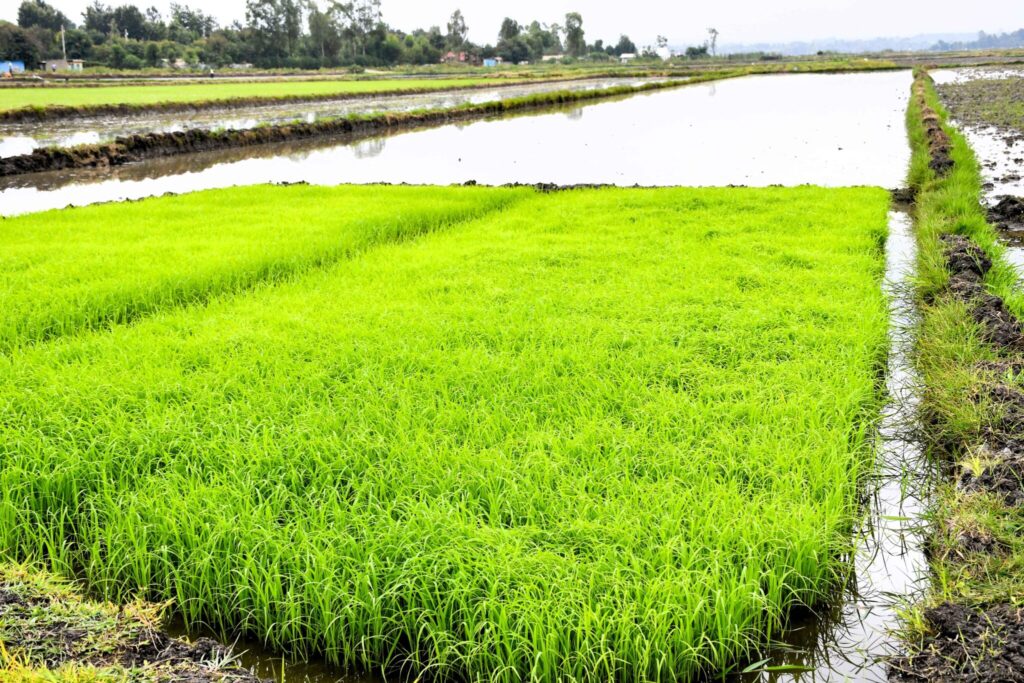Kenya’s High Court has allowed the government to proceed with duty-free rice imports but placed strict limits on both the volume and timeframe.
In a ruling delivered on August 19, 2025, the court approved only 250,000 metric tonnes of Grade 1 rice for importation, down from the initial 500,000 metric tonnes authorised under a government notice. Additionally, the importation period was shortened, with all duty-free consignments required to arrive by October 31, 2025, instead of the six months originally granted.
The ruling followed a petition challenging the government’s move, arguing that the large-scale duty-free imports would depress local rice prices, harm farmers’ incomes, and had been introduced without adequate public participation. Concerns were raised that the measure would undermine the livelihoods of producers, particularly in rice-growing regions such as Mwea.
The government, through the Ministries of Treasury and Agriculture, defended the plan, citing a significant production-consumption gap. Kenya produces only about 20 percent of its annual rice demand, forcing reliance on imports to meet the shortfall. Officials argued that the imports were necessary to stabilise food supplies, contain inflationary pressures, and avert a possible food crisis.
In his decision, Justice Edward M. Muriithi emphasised the importance of balancing consumer interests with the protection of local farmers. He noted that while imports were essential to guarantee food security, they must not create market distortions that expose producers to unfair competition. The court therefore recommended phased importation and continuous monitoring of local harvests and market prices.
To safeguard both farmers and consumers, the court directed the State to file a detailed progress report by November 3, 2025. The report is expected to provide updates on local rice production levels, replenishment of farmers’ stocks, and the actual size of the market deficit. Based on the findings, the court will issue further directions as the petition proceeds to full hearing.
The ruling represents a significant development in Kenya’s food security policy, highlighting the delicate task of balancing import needs with domestic production. It also underscores the role of the judiciary in ensuring that government measures comply with constitutional safeguards and protect both livelihoods and national interests

